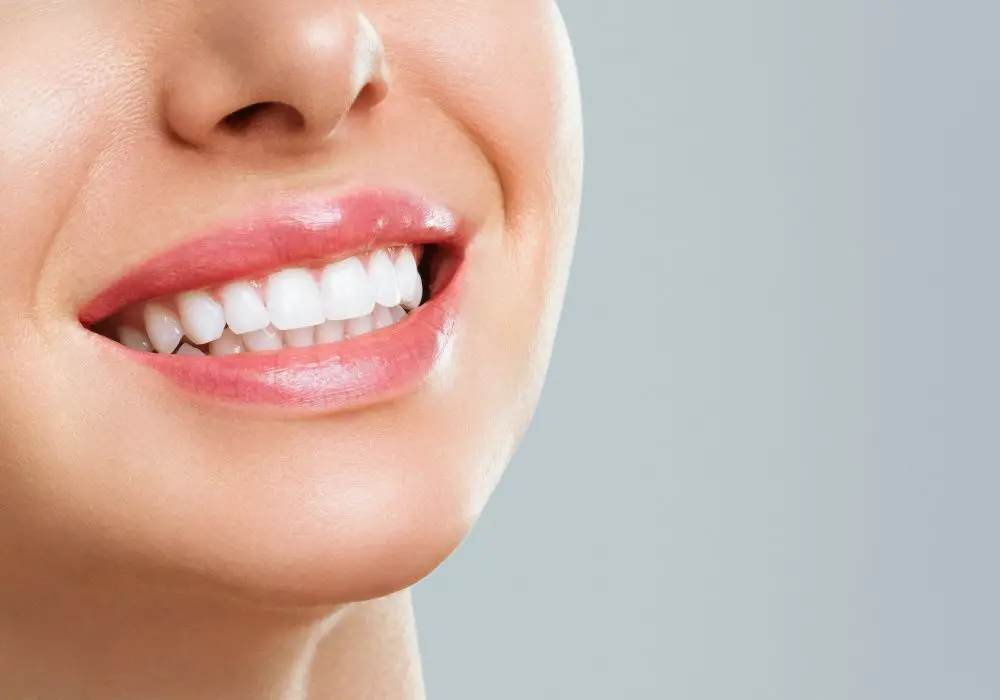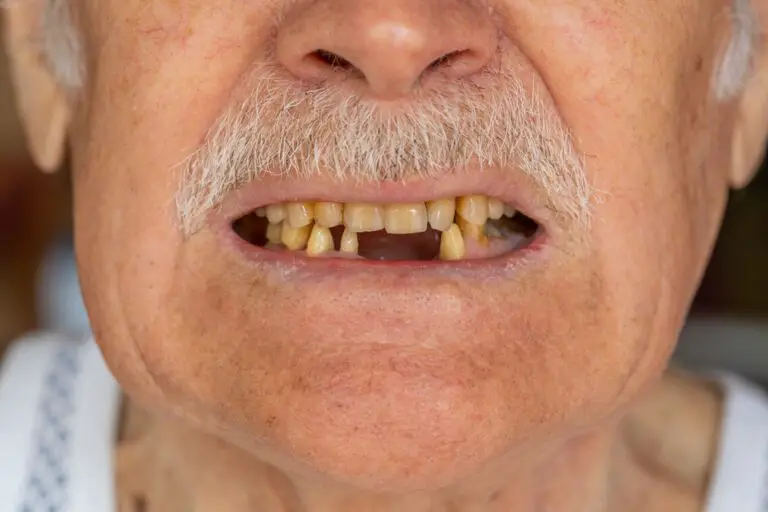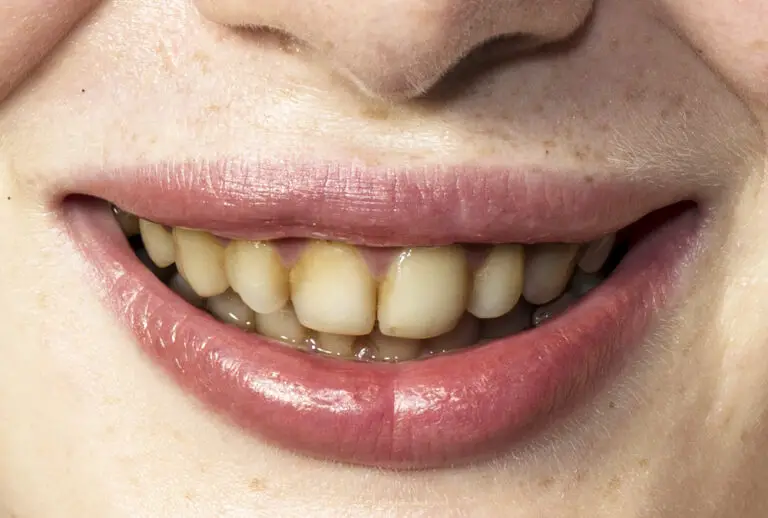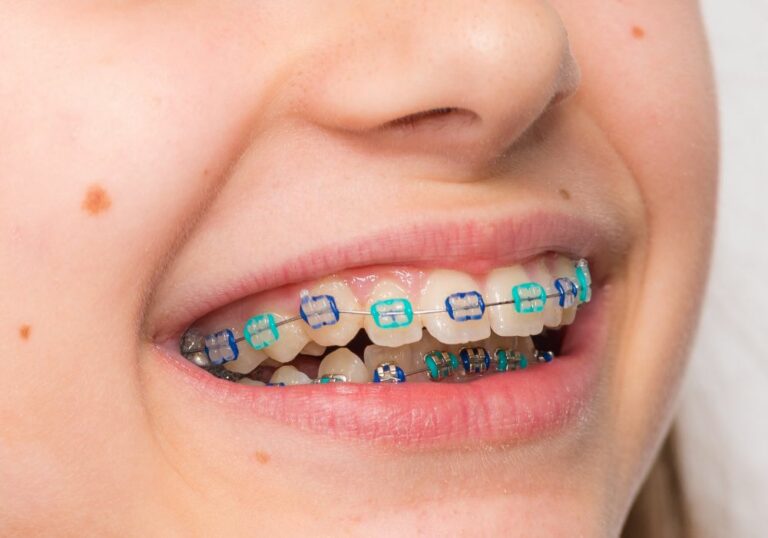Blood pressure medication is commonly used to treat hypertension, a condition that affects millions of people worldwide. While these medications are generally considered safe and effective, they can have side effects that affect other parts of your body, including your teeth. If you’re taking blood pressure medication, it’s important to be aware of the potential oral side effects and take steps to minimize their impact.
One of the most common oral side effects of blood pressure medication is dry mouth. This occurs when there is a decrease in the production of saliva, which can lead to a range of dental problems, including tooth decay, gum disease, and bad breath. Additionally, some blood pressure medications can cause gingival hyperplasia, a condition where the gums become enlarged and overgrown, making it difficult to brush and floss effectively. This can lead to further oral health problems, such as tooth sensitivity and pain.
Understanding Blood Pressure Medication

If you have high blood pressure, your doctor may prescribe medication to help lower it. There are several types of blood pressure medication, and each works in a different way. Some common types of blood pressure medication include:
- ACE inhibitors
- Beta-blockers
- Calcium channel blockers
- Diuretics
Each of these medications works by targeting different parts of the body to help lower blood pressure. For example, ACE inhibitors work by blocking the production of a hormone that causes blood vessels to narrow. Beta-blockers work by slowing down the heart rate and reducing the force of the heart’s contractions. Calcium channel blockers work by relaxing the blood vessels, making it easier for blood to flow through them. Diuretics work by flushing excess salt and water from the body, which can help lower blood pressure.
It’s important to take your blood pressure medication exactly as prescribed by your doctor. If you miss a dose, take it as soon as you remember. If it’s almost time for your next dose, skip the missed dose and continue with your regular dosing schedule. Don’t take a double dose to make up for a missed one.
Some blood pressure medications can have side effects, such as dizziness, fatigue, and headaches. If you experience any of these side effects, talk to your doctor. They may be able to adjust your medication or prescribe a different one that works better for you.
It’s also important to let your dentist know if you’re taking blood pressure medication. Some types of blood pressure medication can cause oral/dentofacial adverse effects, such as gingival hyperplasia, which is a condition where the gums become enlarged and may cover the teeth. Your dentist can work with you to develop a treatment plan that takes your medication into account.
Potential Dental Effects of Blood Pressure Medication
If you are taking medication for high blood pressure, it is important to be aware of the potential dental effects that these medications can have. Some of the most common dental effects of blood pressure medication are gum enlargement, dry mouth syndrome, and taste alteration.
Gum Enlargement
One of the most common side effects of blood pressure medication is gum enlargement or gingival overgrowth. This occurs when the gum tissue becomes swollen and starts to grow over the teeth. This can create a favorable environment for bacteria, as plaque can easily get trapped underneath the gums. In severe cases, gum enlargement can even lead to tooth loss.
If you are experiencing gum enlargement, it is important to talk to your dentist or doctor. They may recommend a different medication or adjust your dosage to help alleviate this side effect.
Dry Mouth Syndrome
Another potential dental effect of blood pressure medication is dry mouth syndrome. This occurs when there is a decrease in the production of saliva, which can lead to a dry, uncomfortable feeling in the mouth. Dry mouth can also increase the risk of tooth decay and infections in the mouth.
To reduce the risk of tooth decay and infections, it is important to keep your mouth as clean as possible. Brush with fluoride toothpaste for at least two minutes, at least twice per day. You may also want to consider using a mouthwash or saliva substitute to help keep your mouth moist.
Taste Alteration
Some blood pressure medications can also cause taste alteration. This can include a metallic taste in the mouth or a decrease in the ability to taste certain flavors. While this side effect is usually temporary, it can be frustrating and make it difficult to enjoy certain foods.
If you are experiencing taste alteration, talk to your doctor. They may be able to recommend a different medication or adjust your dosage to help alleviate this side effect.
Overall, it is important to be aware of the potential dental effects of blood pressure medication. By working with your dentist and doctor, you can help minimize these side effects and maintain good oral health.
Interactions Between Blood Pressure Medication and Dental Procedures

If you are taking blood pressure medication, it is important to inform your dentist before any dental procedures. This is because some antihypertensive medications can interact with dental procedures, leading to bleeding risks or drug interactions.
Bleeding Risks
Some antihypertensive medications, such as anticoagulants, can increase the risk of bleeding during or after dental procedures. This can result in excessive bleeding from the gums or tooth sockets, which can be difficult to control.
To minimize the risk of bleeding, your dentist may advise you to stop taking your antihypertensive medication before the procedure. However, this should only be done under the guidance of your healthcare provider, as stopping medication abruptly can lead to a sudden increase in blood pressure.
Drug Interactions
Certain antihypertensive medications can interact with drugs commonly used in dentistry, such as local anesthetics or antibiotics. This can lead to adverse effects, such as increased blood pressure or reduced effectiveness of the medication.
To prevent drug interactions, your dentist may need to adjust the dosage or timing of your medication. It is important to inform your dentist of all medications you are taking, including over-the-counter drugs and supplements, to avoid any potential interactions.
In summary, if you are taking blood pressure medication, it is important to inform your dentist before any dental procedures to minimize the risk of bleeding and drug interactions. Your dentist may need to adjust your medication or advise you to stop taking it temporarily, but this should only be done under the guidance of your healthcare provider.
Preventive Measures and Dental Care Tips
Taking preventive measures and following proper dental care tips can help you maintain good oral health while taking blood pressure medication. Here are some tips to follow:
Regular Dental Check-ups
It is important to schedule regular dental check-ups with your dentist to monitor your oral health. During these visits, your dentist will perform a thorough examination of your teeth, gums, and mouth, and check for any signs of oral health problems.
If you are taking blood pressure medication, it is important to inform your dentist about it, as some medications can affect your oral health. Your dentist may need to adjust your treatment plan accordingly.
Proper Oral Hygiene
Following proper oral hygiene practices can help prevent oral health problems. Here are some tips to follow:
- Brush your teeth twice a day with fluoride toothpaste.
- Floss at least once a day to remove plaque and food particles from between your teeth.
- Use an antiseptic mouthwash to kill bacteria and freshen your breath.
- Avoid sugary and acidic foods and drinks, as they can damage your teeth and gums.
- Drink plenty of water to keep your mouth hydrated and promote saliva production.
Communication with Healthcare Provider
It is important to communicate with your healthcare provider about any oral health problems you may be experiencing while taking blood pressure medication. Some medications can cause dry mouth or other oral health problems, which can increase your risk of tooth decay and gum disease.
Your healthcare provider may need to adjust your medication or prescribe additional treatments to help manage your oral health problems. Be sure to inform your dentist about any changes in your medication or treatment plan.
By following these preventive measures and dental care tips, you can help maintain good oral health while taking blood pressure medication. Remember to schedule regular dental check-ups, practice proper oral hygiene, and communicate with your healthcare provider and dentist about any oral health problems you may be experiencing.
Blood Pressure Medication Alternatives and Their Dental Effects

When it comes to treating high blood pressure, medication is not always the only solution. Making lifestyle changes, such as exercising regularly, maintaining a healthy diet, and reducing stress, can also help to lower your blood pressure. If you are concerned about the dental effects of blood pressure medication, here are some alternatives to consider:
Diuretics
Diuretics are a type of medication that helps to reduce the amount of water and salt in your body, which can lower your blood pressure. While diuretics can cause dry mouth, they are not known to have any significant dental side effects.
ACE Inhibitors
ACE inhibitors are another type of medication that can help to lower blood pressure. They work by relaxing the blood vessels, which makes it easier for blood to flow through them. ACE inhibitors are generally considered safe for dental health, but they can sometimes cause a dry cough.
Calcium Channel Blockers
Calcium channel blockers are a type of medication that helps to relax the muscles in the blood vessels, which can lower blood pressure. While they can cause dry mouth, they are generally considered safe for dental health.
Beta Blockers
Beta blockers are a type of medication that can help to lower blood pressure by reducing the heart rate. While they can cause dry mouth and can sometimes mask the symptoms of low blood sugar, they are generally considered safe for dental health.
It is important to note that every person’s body reacts differently to medication, and you should always consult with your doctor before making any changes to your medication regimen. Your dentist should also be aware of any medications you are taking, as some medications can affect your dental health. By working with your doctor and dentist, you can find the best treatment plan for your high blood pressure that takes into account both your overall health and your dental health.
Frequently Asked Questions
Can high blood pressure medication lead to gum disease?
Yes, high blood pressure medication can lead to gum disease. Some medications can cause gingival hyperplasia, which is a condition where the gums become enlarged and swollen. This can make it difficult to brush and floss properly, leading to an increased risk of gum disease.
Do calcium channel blockers cause bleeding gums?
Yes, calcium channel blockers can cause bleeding gums. These medications can cause the gums to become inflamed and irritated, which can lead to bleeding. If you experience bleeding gums while taking calcium channel blockers, it’s important to talk to your dentist or doctor.
What are the effects of blood pressure medication on dental treatment?
Some blood pressure medications can have an effect on dental treatment. For example, medications that contain vasoconstrictors can increase blood pressure and lead to irregular heartbeat and heart arrhythmias. It’s important to let your dentist know if you are taking any blood pressure medications before undergoing any dental treatment.
Can blood pressure medication cause tooth decay?
Blood pressure medication itself does not cause tooth decay. However, some medications can cause dry mouth, which can increase the risk of tooth decay. Dry mouth occurs when there is a decrease in saliva production, which can lead to a buildup of bacteria in the mouth.
How does high blood pressure affect dental health?
High blood pressure can affect dental health in several ways. For example, it can increase the risk of gum disease, which can lead to tooth loss. It can also cause dry mouth, which can increase the risk of tooth decay. Additionally, some blood pressure medications can cause oral/dentofacial adverse effects.
Does lisinopril have any impact on oral health?
Lisinopril is an ACE inhibitor that is commonly used to treat high blood pressure. While lisinopril itself does not have a direct impact on oral health, it can cause dry mouth as a side effect. This can increase the risk of tooth decay and other oral health problems.






